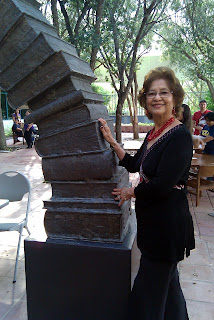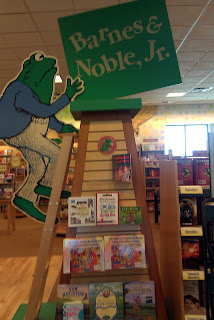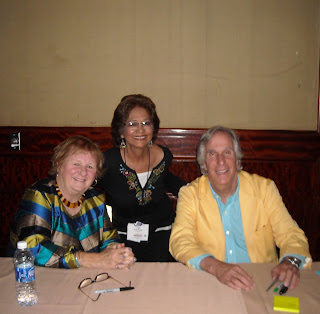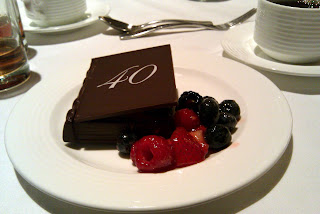 |
| Courtyard – Harlingen Public Library |
 |
| Mark Twain and Author |
“To do without tales and stories and books is to lose humanity’s past, is to have no star map for our future.” – Jane Yolen

 |
| Courtyard – Harlingen Public Library |
 |
| Mark Twain and Author |
“To do without tales and stories and books is to lose humanity’s past, is to have no star map for our future.” – Jane Yolen
First scenes in middle grade and young adult fiction from editor’s comments at the SCBWI SW-TX conference.
 |
| Old-fashioned stove in Albuquerque |
“No matter how much formal education you’ve had, it’s best to read as many classics as possible and keep abreast of today’s popular reading, especially in the area to which you hope to contribute.” — Writing Tip from Writer’s Digest Weekly Planner
§ A book has to mean something to a child.
 |
| Captive audience |
 |
| Conference Luncheon |
 |
| River Walk |
 |
| Fredericksburg |
The Texas Book Festival (Austin, Texas) is coming up on October 22-23, 2011. For a preview of the author lineup, visit the link above. I’ve been a featured author there twice and have really enjoyed the event. Attend if you can. Well worth it.
“I want to write a book that will be read from beginning to end with a mounting sense of anticipation and discovery–read willingly, with a feeling of genuine pleasure.” — Russell Freedman
 |
| It’s nice to walk into a bookstore and see your books on display!
“If you doodle enough, the characters begin to take over themselves–after a year and a half or so.” — Theodor Geisel (Dr. Seuss)
|
Do you know some of the editing symbols that go with the territory? For instance, if an editor or someone in your critique group goes over your manuscript and scribbles all those strange-looking squiggles all over your pages, would you know what they meant for your editing process? Most writers know, but just in case you don’t, this post, How to Revise Your Work (& Awesome Editing Symbols You Should Know), by Brian A. Klems on the Writer’s Digest blog is informative but also a fun read because he adds some of his own editing symbols to the well-known ones. Have fun.
 |
| Out in the Hill Country |
“No matter what your writing life brings, believe in yourself and keep moving forward. Most writers cycle between periods of self-doubt and periods of confidence.” –Writing Tip from Writer’s Digest Weekly Planner
One of the sessions I attended at SCBWI-LA was on “First Pages,” or what some of us call, “the hook.” Three YA books were recommended as examples of great first 500 words:
The Sky is Everywhere by Jandy Nelson
Chime by Franny Billingsley
I’ll Be There by Holly Goldberg Sloan
 |
| Los Angeles |
Author Nathan Branford’s blog, “Five openings to avoid,” offers tips on how not to start your first pages. On his post, he writes: “I am saying that you should think once, twice, and five thousand times about using these.” So take a look.
Here’s a treat if you want to take a peek at the Spring 2012 children’s books posted by Publishers Weekly.
“Search through your childhood memories and rediscover what it felt like to live in the world of a child; the joys, the fears, and the dreams.” — Audrey Wood
More notes from the SCBWI-LA conference. Bruce Colville was one of the keynote speakers. He’s written so many books I can’t even list them. Go to his website to find out. Notes I took during his speech:
 |
| Booksigning lines |
 |
| Judy Blume & Lupe Ruiz-Flores |
 |
| Lin Oliver (Co-founder of SCBWI), Lupe Ruiz-Flores, Henry Winkler |
 |
| Special 40th Anniversary Dessert |